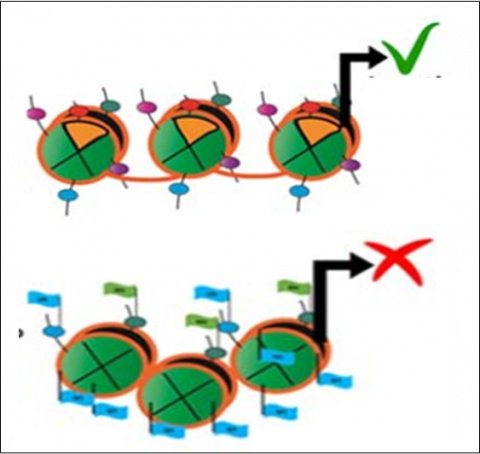Histones are very highly conserved proteins and packaging the genome was the primary function previously associated with them. However, discovery of sequence divergent forms of the core histones, known as histone variants, along with the various post-translational modifications (PTM’s) that histones undergo changed this perspective. Histone variants are often defined as non-allelic isoforms of the canonical histones (the histones present in clusters) and these proteins have been shown to play very important roles in a variety of cellular processes. Apart from the sequence divergence which is observed between the canonical histones and the histone variants, sequence divergence also exists amongst the histone genes present in clusters. These are known as histone isoforms and like histone variants they have been reported to be differentially expressed in a variety of physiological processes.


